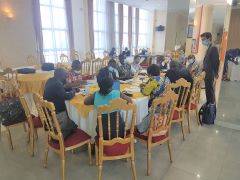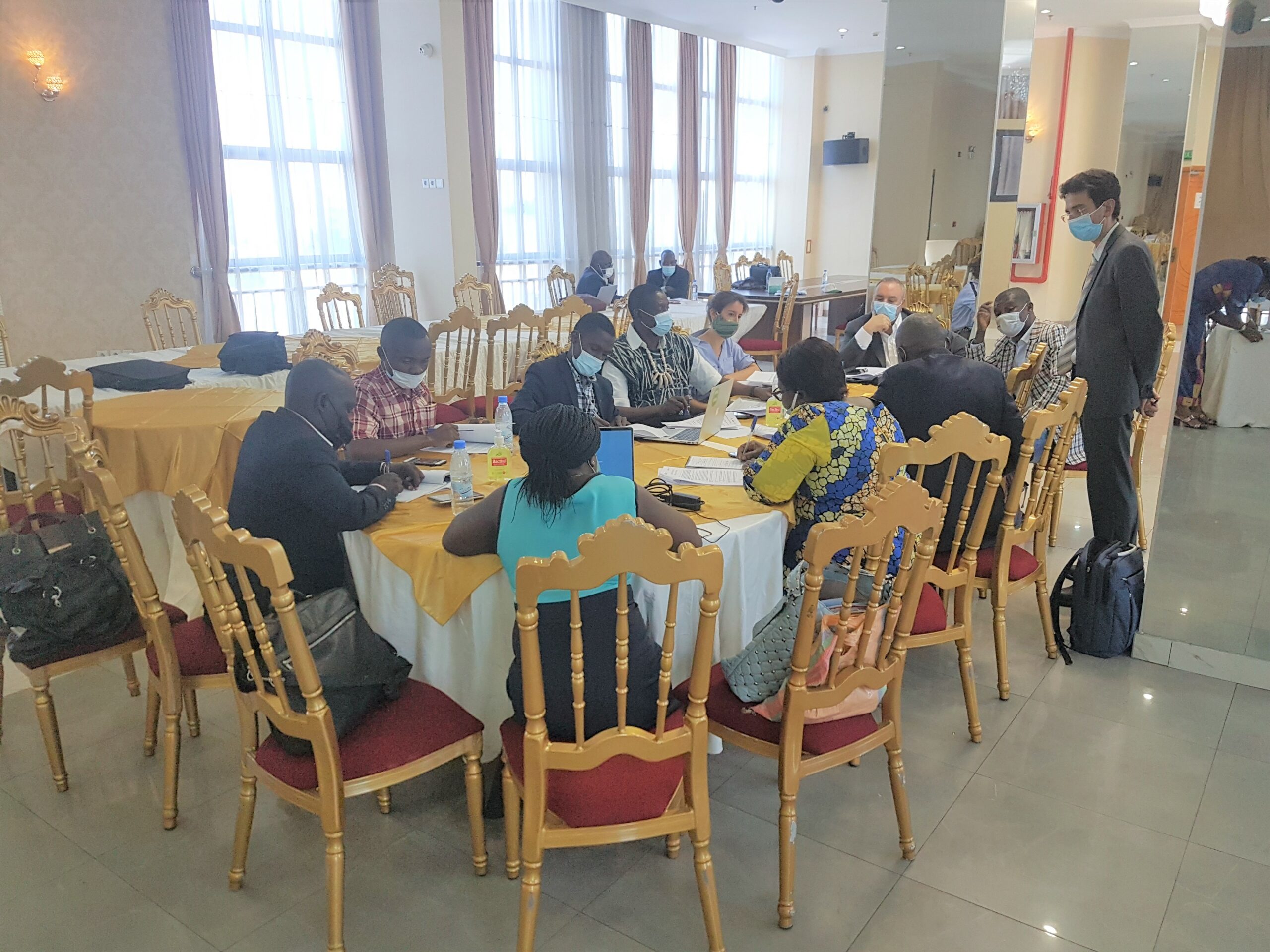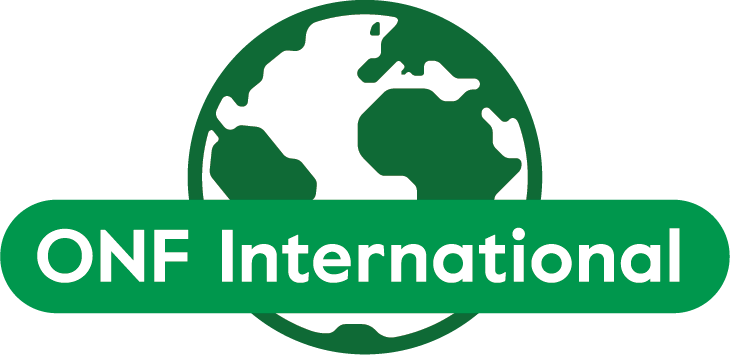Restitution workshop of the feasibility study of the Sustainable Land Use Programme in Congo for CAFI

Within the framework of the Central Africa Forest Initiative (CAFI), AFD mandated ONFI in consortium with Kinomé and SalvaTerra to carry out a complete feasibility study of the Sustainable Land Use Programme. A first feedback workshop with the Congolese administration took place on May 19th in Brazzaville to present the progress of the study and the first major orientations of the programme.

Map of land use in the Republic of Congo (source: WRI, Ministère de l’Aménagement, de l’Equipement du Territoire et des Grands Travaux
What is the Sustainable Land Use Programme ?
The Central African Forest Initiative (CAFI) is a partnership between 6 Central African countries (Congo-Brazzaville, Democratic Republic of Congo, Cameroon, Gabon, Central African Republic, Equatorial Guinea) and a coalition of donors. Its objective is to recognise and preserve the value of forests in the region to mitigate climate change, reduce poverty and contribute to sustainable development.
It follows the signature in September 2019 by the President of the Republic of Congo of the Letter of Intent of the CAFI partnership: commitments to implement the national low-carbon development trajectory, as well as the CAFI decision note EB.2020.15 of 5 October 2020, issued jointly by the Republic of Congo and the CAFI Board of Directors, which requests AFD:
- to propose to the Government of the Republic of Congo a sustainable land use programme targeting 22 of the 52 milestones of the letter of intent;
- to develop in 2021 an operational investment programme in the agricultural and forestry sectors aligned with the conclusions of the sustainable land use programme.
The sustainable land use programme aims to develop a framework for sustainable development of the national territory through political and technical dialogue, but also to specify the permanent forest estate[1], the areas dedicated to agricultural development without risk of deforestation, as well as to secure the land rights of local communities and indigenous populations while reducing the impact of extractive activities on the forests.
At the request of CAFI, AFD (as an implementing partner and in charge of monitoring funds) and its partners aim to develop the Land Use Planning component of the PUDT, to set up a portfolio of activities for pilot investments in climate-smart and zero deforestation agriculture, implement sustainable energy supply schemes, management of high carbon stock[2] (HCS) and high conservation value [3](HCV) areas and peatland protection, and support the reduction of the impacts of large cities on wood energy resources.
In concrete terms, this means in part environmental and social monitoring, the definition of actors and missions to limit conflicts of use between mining, forestry, and agriculture, but also the study of the potential of territories to improve the management of carbon stocks, protect peatlands and generate strategies consistent with state policy.
A multi-actor consortium to carry out the study
AFD has mandated the consortium composed of ONFI, Kinomé and SalvaTerra to carry out the full feasibility study of the Sustainable Land Use Programme. The consortium is composed of 14 national and international experts and is working with various Congolese ministries, led by the Ministry of Land Management.
In the first phase, the consortium will support the definition of the main orientations, the operating mode, and the budget breakdown for all its activities. The second phase then consists of defining the activities for agricultural development, agroforestry and sustainable management of HCV/HSC and peatlands at departmental level. ONFI oversees the environmental assessment of peatland issues in Congo-Brazzaville for this study.

Multi-stakeholder workshop held in May 2021
The study is being carried out largely at a distance due to the Covid-19 pandemic, with about a hundred bilateral interviews with the various parties concerned. Nevertheless, a preliminary 20-day mission of 8 experts was held in May 2021, during which multi-stakeholder meetings were held as well as a feedback workshop with representatives of the ministries concerned and representatives of civil society.
The ONFI/Kinomé/SalvaTerra consortium will finalise the first phase of the study at the end of June and define the main guidelines and operational mode of the PUDT.
______________________________________________________________________________________________________________________
[1] A permanent forest estate is a forest estate whose legislative and regulatory framework implies a long-term guarantee of the forestry and natural vocation of the land as well as the renewal of the wood resource
[2] The high carbon stock (HSC) approach is an approach to implementing international commitments to no deforestation, based on land use planning that distinguishes between forest areas that should be conserved and those that can be harvested.
[3] A High Conservation Value Forest (HCVF) is a forest that, according to the Forest Stewardship Council, has “a biological, ecological, social or cultural value that is of capital or critical importance and is recognised as unique or outstanding in comparison with other examples in the same region. “
